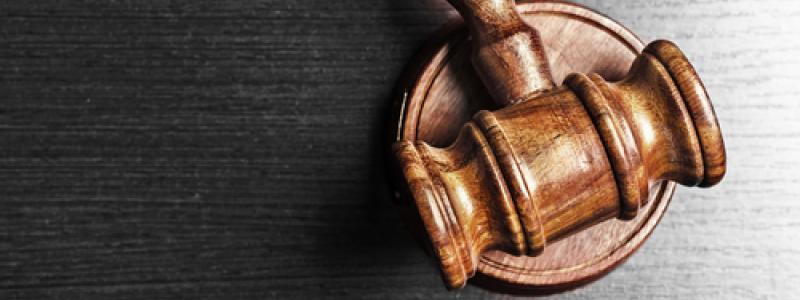Judge Ruling: No Need for FBI to Divulge Details of iPhone Hack

Last Saturday, United States District Judge Tanya Chutkan issued a ruling that the Federal Bureau of Investigation (FBI) is not required to reveal the details of how it was able to hack the iPhone 5c unit used by one of the terrorists involved in the San Bernardino shooting back in 2015. It was around last year when a trio of news organizations had filed a case against the agency under the Freedom of Information Act, in order to get the feds to divulge the identity of the company it had hired to help hack into the said iPhone, or how much the FBI had paid that company. According to Judge Chutkan, however, that information is exempt from mandatory disclosure under the government transparency law.
After the San Bernardino attack in December 2015, the FBI had requested Apple to develop new software that would unlock the iPhone 5c unit used by one of the terrorists, thereby making the information stored in that device accessible to investigators. The phone maker had refused, claiming that doing so would set a precedent for compromising the security features of all other iPhone devices already sold to consumers. Left with no other choice, the FBI had then acquired the services of a third party to hack into the device.
In the aftermath of the successful hacking, three news organizations -- namely, the Associated Press, Vice, and Gannett (the parent company of USA Today) -- filed a lawsuit against the FBI, calling for the disclosure of not only the identity of the company who hacked the iPhone, but also how much the agency paid for the job. The FBI refused to divulge the information to the news organizations under the Freedom of Information Act.
In suing the FBI, the news organizations argued that the masses had the right to know how the government is spending taxpayers’ money, especially in hiring a company to hack an iPhone unit. They also argued that by letting the hacking technique go public, phone makers and the mobile users themselves will be put in a better position to protect themselves against similar hacks.
In issuing the ruling, Judge Chutkan stated that the company who helped the FBI may become vulnerable if its identity was disclosed, especially with regards to protecting its proprietary information against cyber attacks. The judge further explained that by revealing itself, the company (and its systems) will be at risk of incursion. Lastly, she reasoned that if everybody knew how the FBI did it, it could lessen the agency’s effectiveness in conducting similar investigations in the future, and could compromise national security as a result.
Related Blog Articles
- Madefire App Now Offers Marvel Titles
- The New Pixel 2 Phones, Plus Everything Else Google Just Unveiled
- Survey: Amazon Echo Users Likely To Be On iOS Than On Android
- Check Out New Emoji Announced By Apple
- Google’s Acquisition of Relay Media Will Boost its AMP Project
- Twitter Introduces Happening Now Feature
- Americans Spend 10 Hours Every Year in Shopping Apps
- More Than Half of ARKit-Ready App Downloads are Games
- Big Four Carriers Now Working to Restore Connectivity in Puerto Rico
- How To Help Ensure 5G Networks Stay Fast? By Using Hovering Antennas.


 Menu
Menu